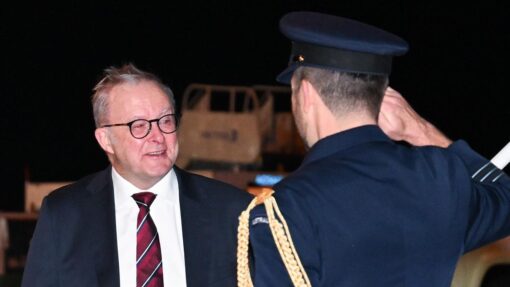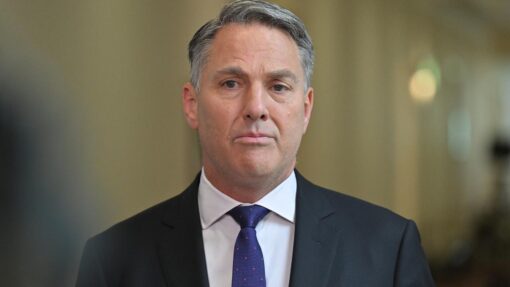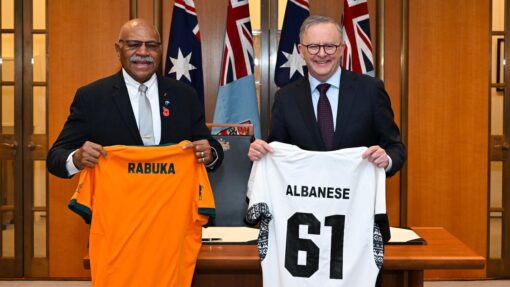PM justifies rejigged tax cuts as cost-of-living relief
Poppy Johnston, Andrew Brown, Tess Ikonomou and Kat Wong |

Middle income earners are in line for bigger tax cuts under a controversial policy remodel that has sparked a political brawl.
Prime Minister Anthony Albanese has defended his decision to rework the stage three tax cuts as the “right thing to do” during a drawn out cost-of-living crisis.
The prime minister had promised to deliver the stage three cuts in full as devised five years ago under the coalition government.

“When economic circumstances change, the right thing to do is change your economic policy,” Mr Albanese said at the National Press Club on Thursday.
“This is a change in our policy.”
All 13.6 million taxpayers will pay less under the changes and low and middle income earners will get a bigger cut than promised under the original scheme, although the benefit for those on the highest incomes will be pruned back.
Under the changes, a person earning an average wage of $73,000 will get a tax cut of more than $1500 a year.
At the upper end, the tax cuts for those earning $200,000 will be slashed from $9075 to $4500.
When the stage three tax cuts were introduced by the coalition in 2018, the Australian economy was expected to be supported by strong global conditions.
Inflation and interest rates were expected to remain low.
“Unanticipated global events meant these projects have not come to pass,” Mr Albanese said, quoting Treasury advice.
He said a global pandemic, a recession, disrupted supply chains, conflicts and rising inflation, and global uncertainty had changed the game.
“And if we were to simply proceed with the old plan – promoted before any of these challenges even existed it would mean middle Australia missing out on the help they need and they deserve.”
He quashed fears the rejigged tax plan would push consumer prices up further, with Treasury and the Reserve Bank expecting a broadly neutral impact on inflation .
But the opposition has accused Mr Albanese of breaking his word and turning his back on an election commitment.
“If the prime minister has a very significant change to make, and that he wants to renege on an election commitment taken to the last two elections, I think you should call an election and put the changed position to the Australian people,” Opposition Leader Peter Dutton said on Thursday.
Mr Dutton said the move was motivated by the upcoming by-election in Dunkley.
“The prime minister has a huge credibility problem, he has trashed his reputation for political gain.”

Mr Albanese said reworking the tax cuts was not an easy decision but “good government is about being responsive”.
“I want to be known as a prime minister who had the ticker to say what was needed and to set about doing it, even as I recognise that this would be controversial,” he said.
Under the Labor government’s rejigged scheme, the lowest rate on income tax will be dropped from 19 to 16 cents in the dollar, meaning workers will pay less on the first $45,000 they earn.
The low income threshold at which the Medicare levy kicks in will also be increased.
The second tax rate will be reduced from 32.5 to 30 per cent for people earning up to $135,000.
Labor will retain the 37 per cent rate for people earning over $135,000 and the top tax rate of 45 per cent will kick in at $190,000 rather than $180,000.
Income support recipients and those earning less than the tax-free threshold will not benefit from the changes.
Mr Albanese said energy bill relief and other elements of the government’s cost-of-living agenda were easing pressure on this cohort.
AAP


